Irais Aderton Chavez, Ph.D.
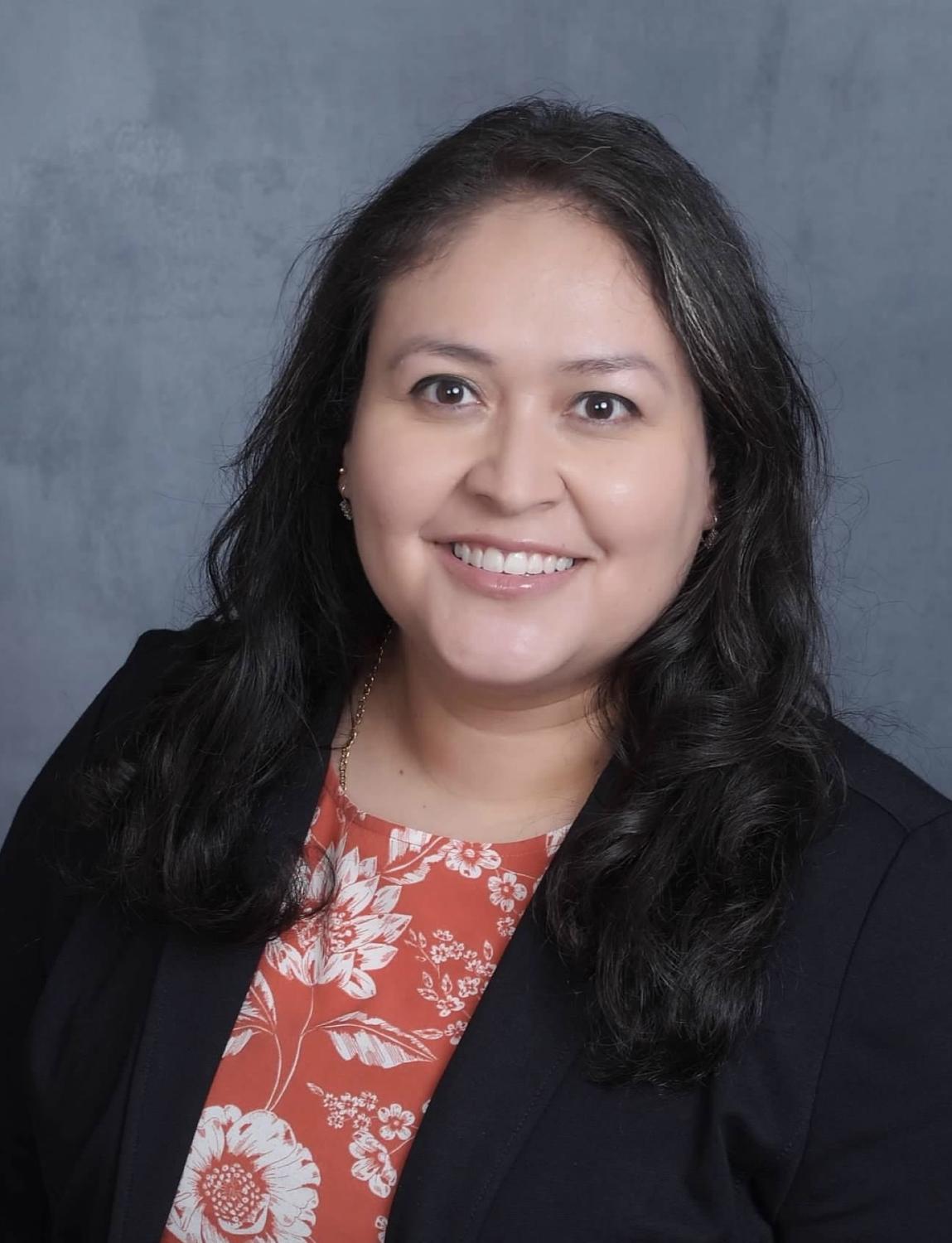
As a bilingual (English/Spanish) and bicultural psychologist, I recognize the importance that culture, heritage, and community can play in an individual's life. As a supervisor, I believe that students' identities and backgrounds play important roles in their work as clinicians, and it has been important for me to encourage my students to find their therapeutic identity so that they can be their authentic selves both with their clients and in the classroom.
My clinical work has primarily been with English- and Spanish-speaking adult clients and I have extensive experience working with survivors of interpersonal trauma. I have also worked with individuals affected by depression, anxiety, grief and loss, complicated family relationships, and immigration-related concerns. When working with clients, I use a person-centered and relational-cultural approach and have training and experience with Cognitive Processing Therapy, a cognitive behavioral treatment for posttraumatic stress disorder. My clinical experiences include training and work in college counseling centers, non-profit community mental health, and private practice.
Ingrid Hogge, Ph.D.
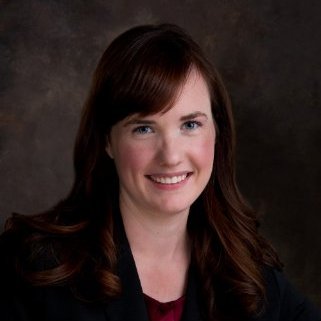
My work broadly explores trauma and suicide from multicultural perspectives. While I am interested in different forms of trauma, my work tends to focus on sexual trauma including sexual violence against men and childhood sexual abuse. My recent research has included studies of male rape myth agreement, empathy toward rape survivors, and how oppressive ideologies further harm rape survivors (e.g., homophobia, racism, transphobia). I also study relational and cultural factors in suicide risk and prevention. My recent work in this area includes studies of self-concealment and relationship qualities as predictors of suicide risk. I also have experience with international psychology research, particularly in East Asian contexts. I enjoy working with both qualitative and quantitative methods depending on the research methods. I see myself as a scientist-practitioner and value my work as a therapist and advising students interested in clinical careers. My clinical interests include trauma recovery, college student well-being, and immigration experiences.
I typically admit one new student each year as a doctoral advisee. My work most closely aligns with the minority wellness cluster. However, I am open to applicants from all clusters who demonstrate interest in topics that overlap with my research. You can visit my website (www.ingridhogge.com) to learn more about my research and my approach to advising.
Joshua N. Hook, Ph.D.
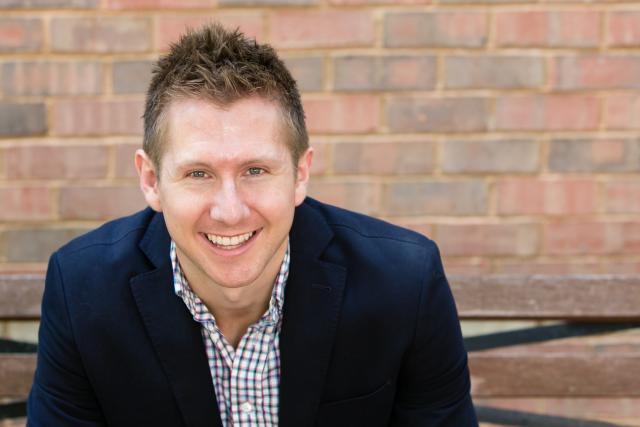
My research focuses broadly on positive psychology, and specifically on humility, forgiveness, and religion/spirituality. Regarding multicultural issues, my research focuses primarily in two areas. First, I conduct research on the role of religion/spirituality in mental health and well-being, as well as the role of religion/spirituality in counseling and psychotherapy. Second, I teach the graduate multicultural counseling course, and am interested in how counselors develop and foster multicultural competence with their clients. Specifically, I have begun a research program examining the role of cultural humility, defined as an awareness of one's limitations to understand another individual's cultural background and experiences, as well as an openness to explore cultural differences, in the development of multicultural competence. Early research supports the hypotheses that cultural humility is an important factor in developing a strong working relationship with a counselor, and that cultural humility also contributes to symptom improvement in clients.
All doctoral students working with me are expected to be actively involved in my Positive Psychology Research Lab. My research style is actively engaged and developmental in nature, with more hands-on training with earlier projects, and increasing independence for more advanced students. I usually take one new doctoral advisee each year. Students that would be a good fit with my research lab will have at least one area of overlap with my research interests, and have future career goals that include research and writing.
Kiet D. Huynh, Ph.D. (he/him)
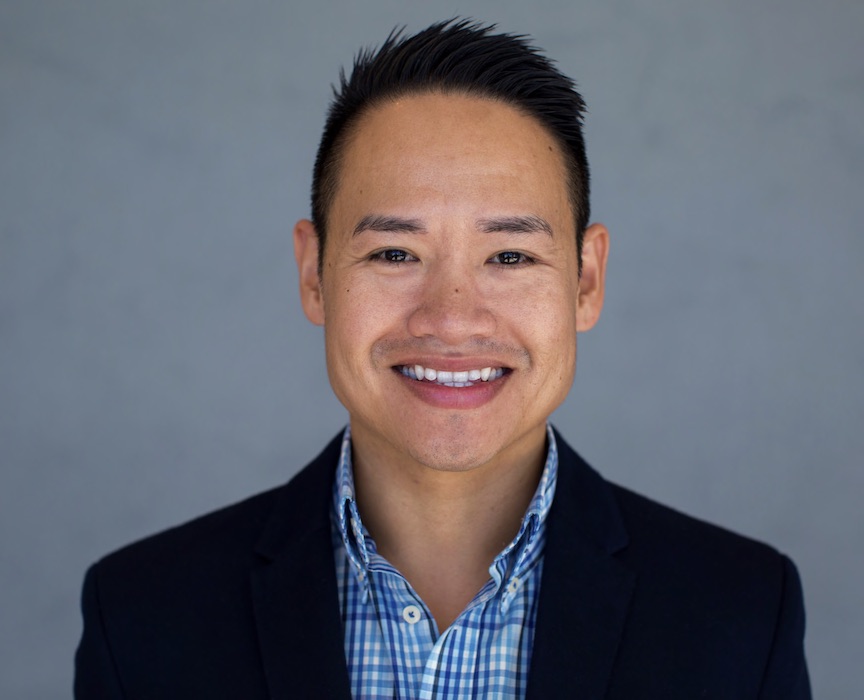
I am trained as a counseling psychologist and received my doctoral degree from the University of Miami. I completed two postdoctoral trainings: A clinical postdoctoral fellowship at the University of California, Berkeley's Counseling and Psychological Services, and a research postdoctoral fellowship at Palo Alto University's Center for LGBTQ+ Evidence-Based Applied Research.
My research examines risk and resilience factors for LGBTQ+ populations, especially LGBTQ+ BIPOC populations. I approach my research through minority stress and intersectionality frameworks, and strive to use my research to advocate for marginalized communities. My projects have examined how risk factors such as stigma, discrimination, and internalized oppression can increase mental health disparities. In addition, other projects have investigated how resilience factors such as connection to minority communities and identity pride can decrease these disparities. I enjoy creating new and validating existing measures. Some measures that I have worked on include measures of internalized LGBTQ+ stigma, LGBTQ+ identity disclosure, integration of religious and sexual identity, LGBTQ+ POC intersectional microaggressions, transgender affirming practices among parents, and transgender affirming practices among romantic partners. I employ mostly quantitative research approaches to my research, but also use some mixed methods approaches as well.
I love to mentor students and enjoy supporting students who are interested in conducting research with LGBTQ+ and BIPOC populations, or want to incorporate advocacy in their work. I typically admit 1-2 new students a year. I like to help foster and develop students' research skills and interests. I do this by including students on my existing projects when they first join the lab, and then help them develop independent projects later in their doctoral training.
Martinque Jones, Ph.D.
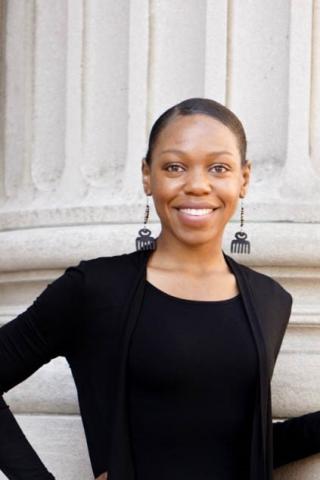
I am an Assistant Professor in the Department of Psychology's Counseling Psychology Program Minority Wellness Cluster. Prior to this appointment, I completed research postdoctoral fellowships at the University of Michigan and Teacher's College, Columbia University and received advanced clinical training during internship at the University of Florida Counseling and Wellness Center. Through these experiences, I have developed expertise in sociocultural factors impacting mental wellness and psychotherapy with women of color, specifically Black American women.
My current research applies an intersectional paradigm to the psychological study of Black women's identities (i.e., race and gender), mental health, and counseling processes. Regarding identity, I have an ongoing program of research that explores Black women's gendered racial identity, defined as the significance and meaning Black women attribute to their membership in Black and woman social identity groups (Jones & Day, 2018). Further, my research examines the implications of identity for women's mental health, namely by investigating if/how identity constructs may mitigate the impact of oppression (e.g., discrimination) on their mental health. As a scientist-practitioner, my research extends to counseling. As such, I am currently exploring the utility of a culturally responsive group psychotherapy intervention (Jones & Pritchett-Johnson, 2018) with Black college women, and have expanded this work to the community through the development of outreach programming.
All doctoral students working with me are expected to be involved in the BWell Lab. As a member of this lab, students have the unique opportunity to develop an in-depth understanding of both traditional (e.g., racial identity) and modern phenomenon (e.g., Black Lives Matter Movement) shaping the mental health of Black Americans. This aim is met through a hands-on and developmental mentoring relationship during which students will have the opportunity to engage in ongoing research and community projects, then immerse themselves in independent projects that have strong scientific and societal impact. I usually accept 1-2 new students each academic year into my research lab. Students best suited for my lab are those who have shared research interests, recognize the importance of attending to and understanding societal issues and social justice, and have career aspirations related to writing and research.
Patricia "Trish" L. Kaminski, Ph.D.
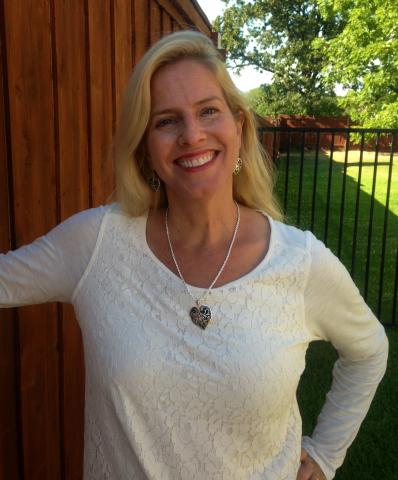
I use a student-centered and developmental supervisory style with my clinical and research advisees. My hope is that we assist one another in professional and personal growth while my supervisee/advisee develops into an ethical, competent, multiculturally sensitive, productive, and happy scientist-practitioner. I appreciate collaborative and collegial research teams and actively expect a team-oriented approach from every student. While each student has her/his own clients or project, gaining skills and experience by assisting teammates is highly encouraged.
My research projects are united by a curiosity to understand the contextual and relational factors that add risk or promote resilience as individuals navigate stressors with the potential to influence important outcomes (e.g., self-esteem, positive parenting, relationship satisfaction, aggression, and psychopathology). Given my particular interest in understanding factors that promote and prevent the transmission of inter-generational family violence, I typically assess parent-child relationships, parenting practices, child abuse, intimate partner violence, psychosocial stressors, and related factors. The complexity of developmental psychopathology has led me to statistical modeling as a primary analytic approach for identifying points of prevention and intervention so that my research can have direct implications for practice.
Trent A. Petrie, Ph.D.
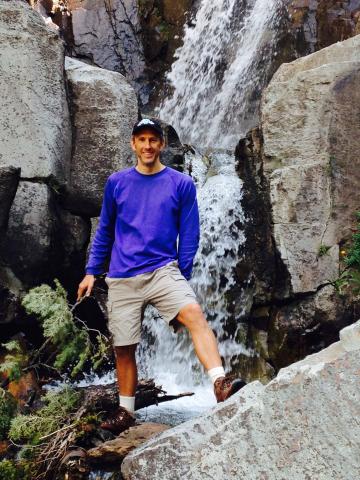
Trent A. Petrie, Ph.D. is a professor in the Department of Psychology at UNT, and has served as the Director of the Center for Sport Psychology since its inception in 1998. Dr. Petrie has worked in the field of sport psychology since 1987, beginning when he was a doctoral student at The Ohio State University (he graduated from OSU in 1991). He has worked with athletes, coaches, and sport teams at all competitive levels, and currently oversees UNT's sport psychology services. He is a licensed psychologist in the State of Texas, a Certified Sport Consultant, Association for the Advancement of Applied Sport Psychology, and a member of the 2012-2016 United States Olympic Committee Sport Psychology Registry. Dr. Petrie also is an accomplished athlete, having been the co-captain of the 1984-1985 Ohio State University Men's Volleyball Team while an undergraduate. Since that time, he has competed as a triathlete and runner, and coached at the college level. His research, which has been funded by grants from the NCAA, AASP, and NASPE, has focused on developing a Champion Mindset in performers, psychological antecedents and consequences of athletic injury, eating disorders and body image, professional training issues in sport psychology, and developing positive youth sport environments. Dr. Petrie has published over 100 articles and book chapters, given over 150 presentations at national and international conferences. His 2010 book, coauthored with Dr. Doug Hankes and Dr. Eric Denson, is entitled "Academic and Life Skills for College Student-Athletes" (3rd edition) and is published by Wadsworth/ITP. He is the current past-president of Division 47 (Exercise & Sport Psychology) of the American Psychological Association, and a Fellow in both the American Psychological Association and the Association for the Advancement of Applied Sport Psychology.
Chiachih DC Wang, Ph.D. (he/him)

My research focuses on the following areas: cross-cultural variation of attachment behavior, acculturation and wellness of immigrant and ethnic minority individuals and families, cultural identity development, and multicultural and diversity issues. There is a clear connection between my research interests and the topics that I feel passionate about in life. I am a people person, who places a great deal of importance on family influences, self-identity development, and interpersonal relationships. My research interests in multicultural issues and minority wellness are rooted from my personal experiences in the US (e.g., as an immigrant, ethnic minority yet with the privileged status of a heterosexual male). Reflecting my background, I value international collaboration and partnership. I have collaborated with international researchers in Taiwan, China, Japan, South Korea, Thailand, and U.K. on various cross-cultural attachment research projects.
All of my doctoral advisees are expected to be actively involved in my Cross-Cultural Attachment Research Lab. We usually have 2-3 on-going research projects at any given time and many of them require lab members to reach out to the community and interact with minority and immigrant individuals and families. My mentoring style is engaging, strength-based, and goal-oriented with consideration of students' preferences and needs at various professional development stages. I usually take 1-2 new doctoral advisees each year and am looking forward to recruiting candidates with good multicultural awareness and strong interests in doing research and social advocacy work to join my team.
Clifton "Ed" Watkins, Ph.D.
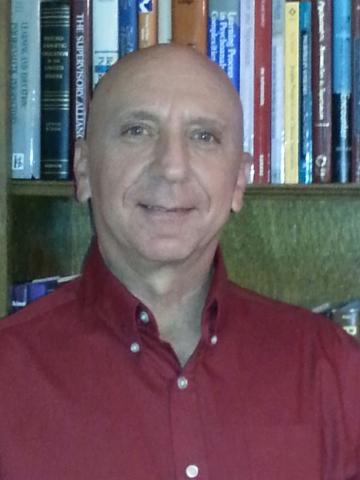
My primary professional interests focus on psychotherapy supervision and psychoanalytic theory, practice, and research. I am editor of the Handbook of Psychotherapy Supervision, co-editor of the Wiley International Handbook of Clinical Supervision, and a Fellow in Divisions 29 (Psychotherapy) and 17 (Counseling Psychology) of the American Psychological Association.